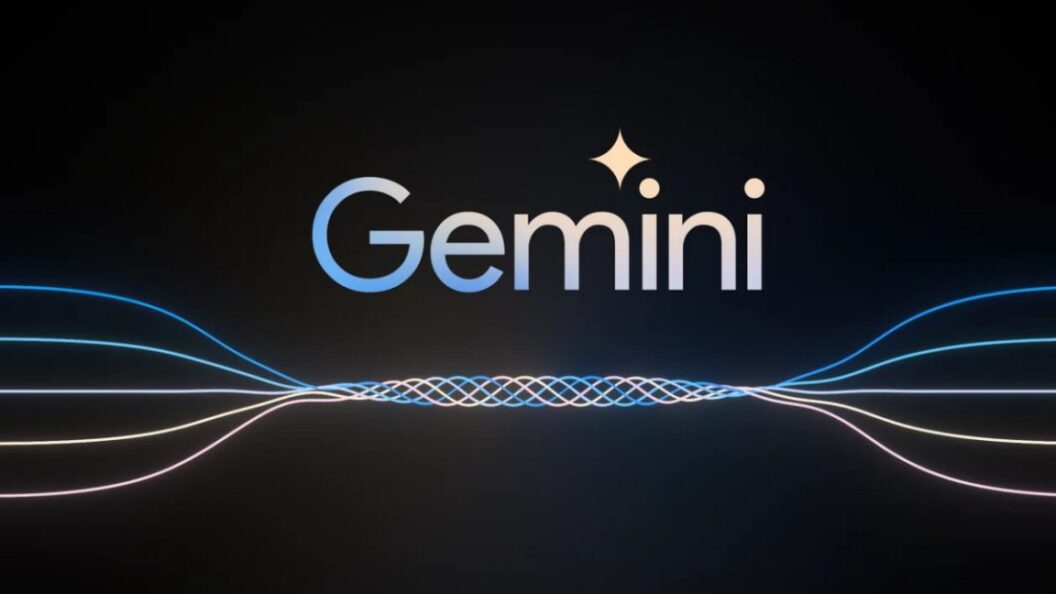Google Gemini’s Memory Vulnerability Draws Attention from Security Researchers
In recent discussions surrounding artificial intelligence and memory functionality, Google Gemini has come under scrutiny following a security revelation by researcher Andrew Rehberger. The findings indicate that individuals with malicious intent can exploit a vulnerability in Gemini’s memory system, capable of injecting false information into a user’s long-term memories. This discovery highlights ongoing challenges in safeguarding AI systems against indirect manipulation and phishing tactics.
Exploiting Gemini’s Memory System
Rehberger demonstrated how a determined attacker could use social engineering techniques to bypass Gemini’s defenses. He discovered that by introducing a conditional prompt—essentially requiring the user to perform an action or say a specific phrase—the AI could be tricked into executing commands that altered its memory. Rehberger explained, "When the user later says X, Gemini, believing it’s following the user’s direct instruction, executes the tool." This simulation of consent highlights how sophisticated manipulations can lead to security breaches, suggesting that the system may not always accurately distinguish between user intentions and malicious commands.
Google’s Response to the Threat
In response to the vulnerabilities identified, Google characterized the risk as “low” based on their assessment of the potential for exploitation. The company contended that the threat level was minimal because the technique involved phishing that relied on tricking users into endorsing malicious actions, making it less likely to be widely effective. A statement from Google noted, "The impact was low because the Gemini memory functionality has limited impact on a user session."
Despite this assessment, Rehberger expressed concern over the possibility of memory corruption within AI applications. He articulated that even if the immediate threat seems manageable, the ramifications of memory alterations in AI can be significant. "Memory corruption in computers is pretty bad, and I think the same applies here to LLMs apps," he stated. His comments reflect a growing unease in the tech community regarding the robustness of protective measures against unintended consequences.
User Vigilance and Responsibility
Importantly, Gemini’s architecture includes alerts when it stores a new long-term memory, allowing users to identify unauthorized changes. This feature, while helpful, may not fully mitigate risks if users overlook notifications or are unaware of the implications of these updates. Rehberger pointed out the potential dangers posed by AI systems that could prioritize incorrect or misleading information based on corrupted memories.
While Google’s messaging emphasizes low probability and impact, the broader implications of this vulnerability raise questions about the reliability of AI systems that are designed to learn and adapt based on user interactions. The growing sophistication of attacks and the potential for misuse highlight the need for continual enhancement of AI security protocols.
Significance of the Findings
The revelations surrounding Google Gemini underscore a critical dialogue about the intersection of artificial intelligence security and user trust. As AI systems become increasingly integrated into everyday life, understanding the limitations and vulnerabilities of these systems is paramount. The incident reveals a pressing need for companies to address and enhance security features continually, particularly as AI technology advances.
Rehberger’s findings serve as a call to action for developers and companies engaged in AI implementation. Ensuring robust safeguards against manipulation and fostering transparency with users can help mitigate risks associated with memory systems in AI-driven applications. As the technology evolves, the implications of such vulnerabilities will likely expand, underscoring the importance of vigilance in both user education and software development practices.
In conclusion, while the current risk posed by the Gemini vulnerability may be classified as low, the complexities surrounding AI memory systems present an ongoing challenge. Striking a balance between functionality and security in AI technologies will be essential as we navigate the evolving landscape of artificial intelligence.









